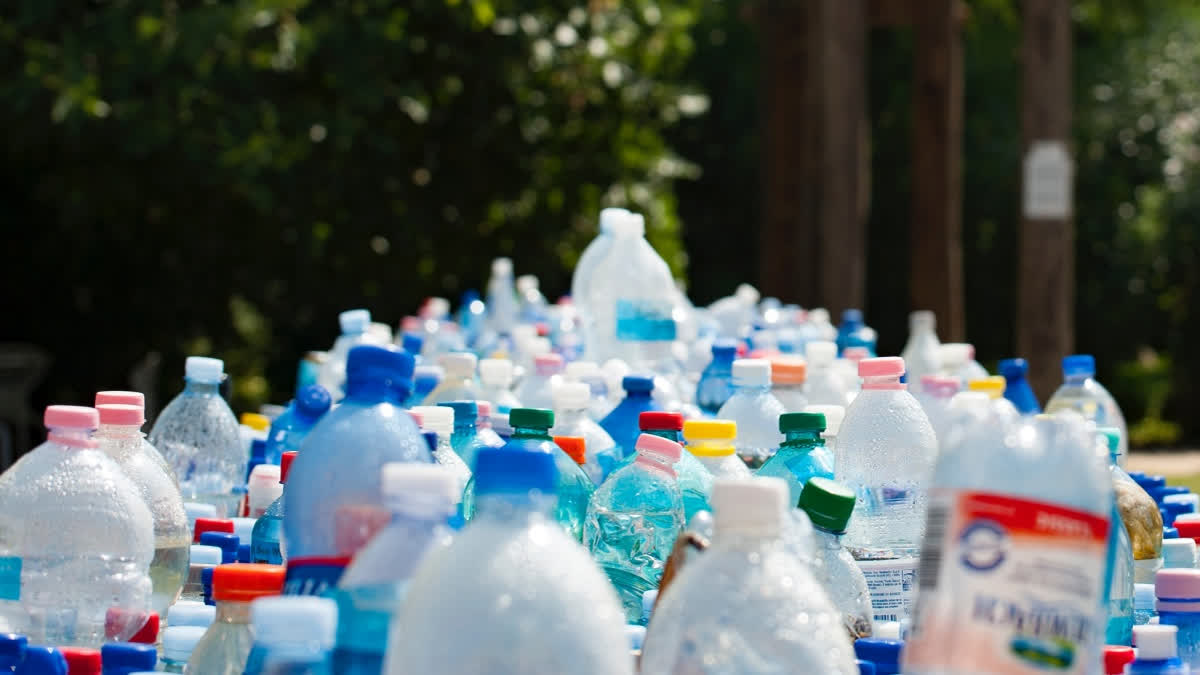New Delhi: Scientists have found microorganisms capable of digesting plastic in the high altitudes of the Alps of Switzerland and in the polar regions of the Arctic, where temperatures are low. While several microorganisms that can do this have already been found, when their enzymes that make this possible are applied at an industrial scale, they typically only work at temperatures above 30 degrees Celsius. The heating required meant that industrial applications remain costly to date, and are not carbon-neutral.
A possible solution to this problem described by the scientists from the Swiss Federal Institute WSL, Switzerland, in this study, published in Frontiers in Microbiology, involved finding specialist cold-adapted microbes whose enzymes work at lower temperatures. "Here we show that novel microbial taxa obtained from the 'plastisphere' of alpine and arctic soils were able to break down biodegradable plastics at 15 degrees Celsius," said first author Joel Ruthi, currently a guest scientist at WSL. "These organisms could help to reduce the costs and environmental burden of an enzymatic recycling process for plastic."
Isolating microbes by sampling 19 strains of bacteria and 15 of fungi growing on free-lying or intentionally buried plastic kept in the ground for one year in Greenland, Svalbard (Norwegian archipelago in the Arctic Ocean) and Switzerland, the research team let them grow as single-strain cultures in the laboratory in darkness and at 15 degrees Celsius.
Using molecular techniques to identify them, the researchers found that the bacterial strains belonged to 13 genera in the phyla Actinobacteria and Proteobacteria, and the fungi to 10 genera in the phyla Ascomycota and Mucoromycota. They then used a suite of assays to screen each strain for its ability to digest sterile samples of non-biodegradable polyethylene (PE) and the biodegradable polyester-polyurethane (PUR) as well as two commercially available biodegradable mixtures of polybutylene adipate terephthalate (PBAT) and polylactic acid (PLA).
Also read:Specific training can help computer vision models learn like humans: Study
